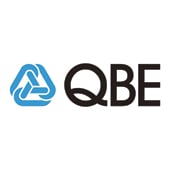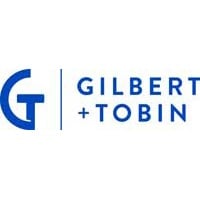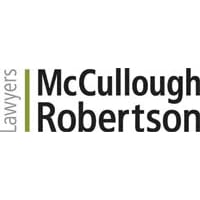

Group head – commercial, operations and technology legal | QBE Insurance group





Johanna O’Rourke
Group head – commercial, operations and technology legal | QBE Insurance group
Group head of commercial, operations and technology legal, group legal | QBE Insurance
It took the right role to lure her away from her 12 years in top tier law firms in both Australia and New York into an in-house career, but it...
When I joined QBE almost five years ago, I was tasked with establishing a global team of technology lawyers who could support the global business in its ongoing digitalisation and technology transformation. At the time, QBE was operating in over 39 countries (now 28) but for the first time was considering the technology challenge on a global basis. The team included lawyers from many jurisdictions including the UK, North America, Asia, Australia and Latin America with differing levels of experience and specialisation. It was important to find commonality early in the evolution of the team – commonality of purpose and vision but also a common legal language, common legal principles, and minimum standards. While there is a lot that is different about in-house legal practice in the various jurisdictions, there are also a lot of similarities. By finding similarities and formalising these into clear minimum group standards, lawyers were able to provide more strategic legal advice by leveraging the work done by lawyers in other jurisdictions. As the team gained a greater appreciation for jurisdictional nuances, we have been able to work together to find creative ways to find solutions for legal issues across the Group.
There are obvious challenges leading a team of high performing specialist lawyers who are based in virtually every time zone! Leading with an inclusive mind set is vital to success so as to ensure all team members are engaged and motivated. Never asking a team member to do something you wouldn’t be prepared to do yourself is key as is taking an equal share of calls at unsociable hours.
It is absolutely possible to create a strong sense of team and support for each other even when the team is not physically co-located – we celebrate and promote legal successes broadly within the business, support and learn from each other but do embrace global team building when the opportunity arises.
We have been doing this for many years so I asked this question to our group chief digital and innovation officer Marcus Marchant. His response:
‘When it comes to digital and innovation we want our in-house counsel to be across the key digital trends, and able to adapt and evolve our partnership legal constructs to meet those changing delivery models. From distributed agile to data protection with cloud based software vendors, our legal team thinks differently and innovates with us’.
My observation is that the composition of in-house legal teams is changing. To meet the needs of an organisation with a global digital footprint and vast volumes of personal data, specialised and experienced technology lawyers are increasingly required. The flow of technology transactional work is often now so consistent that it demands a team of experts dedicated to this practice area.
The skills required of an in-house lawyer in organisations today are increasingly different to those required from the more generalist commercial lawyer. Technology contracting arrangements are increasingly complex, and in-house teams need to be conversant in key technology structures and terminology to be able to quickly understand these transactions. To understand and identify key risks, and to be able to take a risk-based approach in negotiations (which internal clients expect), in-house counsel need to be prepared to partner with the business and have an innovating mindset. They need to be solution driven, and able to think outside of standard contractual approaches.
There appears to be a plethora of new tools and technologies which in-house teams can develop and deploy which, together with process improvements, allow in-house counsel to focus higher up the value chain around strategic legal advice rather than high volume, low value work. We are constantly looking at ways to do this be it through greater self-serve functionality or improving the internal customer experience with for example, our new NDA chat-bot. A desire to continuously improve and an innovating mind set is critical for in-house practitioners.
However, the prime impact is the changing nature of the business which legal teams support. There is no doubt that the role of the in-house counsel is changing. We are seeing this first hand at QBE, and the demands of our business from a technology and digitalisation perspective resulted in the establishment of a team of technology transactions specialists, a team which I lead.
As the ‘fourth industrial revolution’ gets underway (as it has been coined), technological transformation and digitalisation are high priorities for almost every organisation. The potential for technology innovations to transform the way that we operate and do business is vast, as in-house counsel experience high demand to take up these opportunities from their internal clients.
Many organisations have long been heavy users of cloud hosted solutions, but they are now moving beyond the earliest phases of software-as-a-service deployment to complex and large scale platform-as-a-service and infrastructure-as-a-service arrangements. There is wide scale investment in artificial intelligence technology, and this is transforming customer experience and interaction, not to mention other areas of operation. Distributed ledger and blockchain technologies are providing technological means to achieve smart, transparent supply chains.
As these technologies become increasingly available in the market, the scale and frequency of strategic technology transactions is exploding, in-house legal teams undoubtedly have a key part to play in ensuring the success of these arrangements.
I’ve been fortunate to have had positive experiences in both law firms in Australia and New York and, more recently, in-house. I do love the opportunity that in-house legal practice provides to be a true partner with the business. That said, private practice provides a great platform to apply principles and learnings from one industry to another so I have found that it is important, as an in-house practitioner, to keep updated on developments so as to continue to add value by applying these insights.